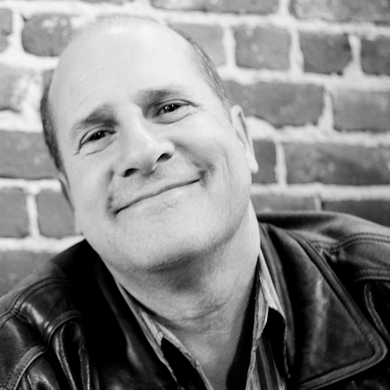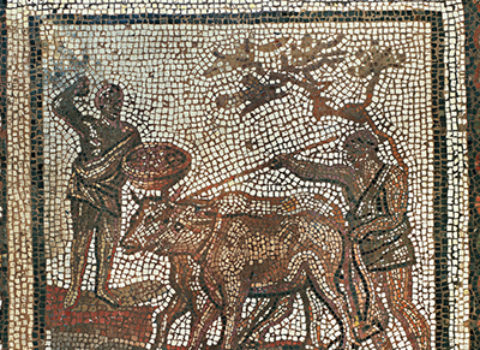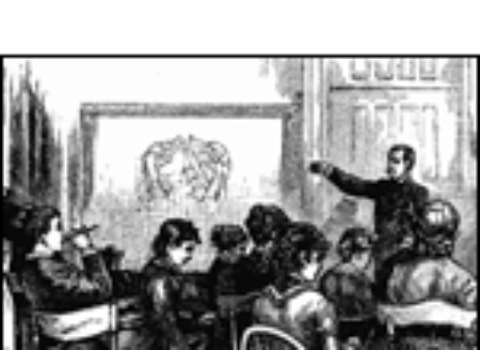Remembering David Sullivan
On the remarkable life of the subject of “The Man Who Saves You from Yourself”
David Sullivan, the subject of my recent Harper’s feature, “The Man Who Saves You from Yourself,” died suddenly on the evening of October 11. I’d last spoken with him eight days earlier. Sully was utterly himself: hilarious, warmhearted, and bubbling with wild stories. We talked about the state of the California prison system, which he knew intimately from visiting clients for various murder cases he was investigating. He explained that the prisons have fallen under the control of the Mexican drug gangs, with the complicity of the guards, many of whom are Mexican nationals. But that’s a story for another time.
I told him, as I had many times before, that I regretted not being able to write about his life at greater length in my essay. By focusing on his investigations into religious cults, I had to exclude his investigative work in places like Juárez and Medellín, which had involved the world’s most powerful drug cartels; his adventures in North Africa in the early Eighties; and the decade he spent living in Brazil and Peru, during which he managed a nightclub in Rio de Janeiro, ran a language school in the Serra do Mar mountains, attended Candomblé ceremonies, and participated in Ayahuasca-fueled vision quests with Peruvian Indians.
There were countless other astounding episodes, many of which could not appear in print without putting him in physical danger or violating confidentiality agreements. It would take a book, or a series of books — a globetrotting tale of adventure, a hardboiled true-crime volume, a psychological drama, a Bildungsroman — to honor the richness of his life. I had been consoled by the fact that, several months ago, David had signed a contract to publish his memoir. He had just begun to work on it with the writer Joshua Jelly-Schapiro when he died.
He was excited about the Harper’s story, but it wore heavily on him. It was difficult for him to speak openly about subjects that he had kept private for decades. But when he did begin to speak, he was entrancing. David was a born storyteller. The transcriptions of my interviews with him run to nearly two hundred pages. (Readers interested in hearing David tell some of his stories in his own words can listen to a talk he gave at the Commonwealth Club in 2010.)
On the day that he died, he sent me a note about the Harper’s essay. He had received the issue the night before. He remained anxious about the story, he wrote, but he was appreciative and happy that it was out in the world. It is cheering at least to know that more stories will soon be published about David. Writers were drawn to him, and in the days and months ahead, the stories they tell about David will help to memorialize his brilliance, humanity, and generosity. I believe I speak for all of his friends when I say that I’ve never met another person remotely like David Sullivan.
Despite his cynicism about cults, David had a deeply spiritual quality to him. He empathized with people who were victimized by cults because he himself sought, in Saul Bellow’s phrase, “knowledge of the higher worlds.” When he attended prayer circles, religious meetings, and communes of every conceivable variety, he did so in a spirit of curiosity, and even yearning. This was why charlatanism infuriated him. He took it personally. Long after he succeeded in rescuing a client from a cult, he would continue to pursue the organization and its leader, often for years, on his own dime. David Sullivan did not only save lives. He raised everyone around him to a higher state of grace.









































































































